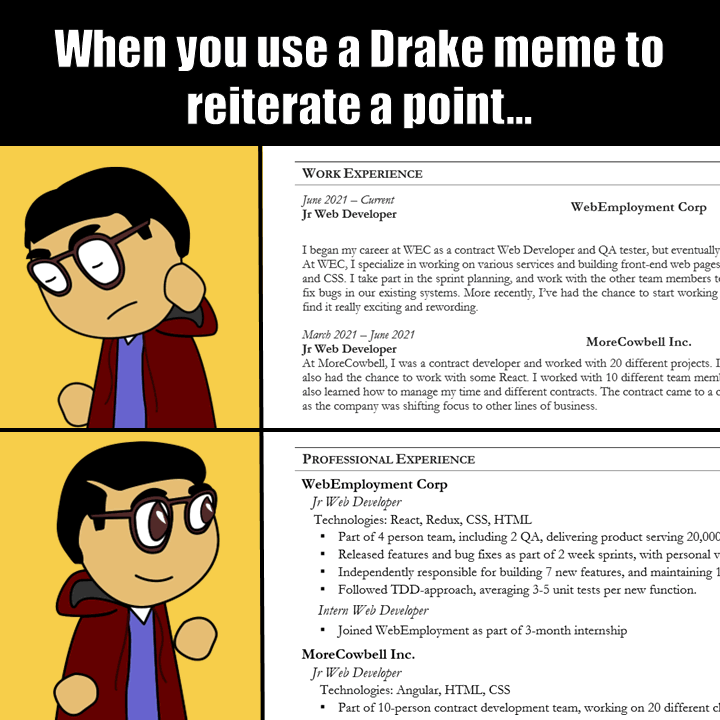Where are you Google? (The Secret of Google's Marketing)
As I was reading Preston Gralla's Which Google projects will bite the dust? (ComputerWorld) - an article which, as the headline suggests, discusses Google's failed or less cost-effective projects - I started to wonder about Google's presence on the internet. There's no denying Google has done a great number of things for the internet, the most important being that it finally allowed people to use it, be allowing them to find things - their name has even become synonymous with searching. So while there is a large presence, is it necessarily Google's presence? It'd describe that more as a presence of Google's products instead of Google.
In the number of websites I've built in my time, I've always included an "About" page. A page which most people - particularly those who own the website, think is unnecessary. In the large scope of the website, it isn't - as it is usually a static page that doesn't get revisited, and only takes up precious screen real estate. So why bother? Precisely because though it does not get revisited, it does get visited. If a user stumbles across a website for the first time and finds the content interesting, but wants to know a little more about the content provider, the About page is where they'll go. Otherwise you risk having them googling your website, in hopes of finding information about you - and now they've left your website. Once they find out, it's unlikely they'll return to the About page, but others will still be visiting it.
An About page is primarily for smaller companies, blogs, etc. For larger corporations, they may have multiple pages, with subsections, and more. And for even larger ones, they'll have subdomains, with subsections, with career opportunities, mission statements, and all sorts of corporate paraphernalia that it's easy to get lost, and you'll find yourself resorting to Google once more, just to search through the corporate site.
If you want to know about the new Starbucks drink you heard about, you go to Starbucks.com. There, you'll also be able to find locations, promotions, etc. You can also find links to the career center, and more corporate related pages. But it all starts at the specific point in a website we all call what? The Home Page.
Google is a major player in the web/tech world - and by Google I mean, Google as a company. Yet so known are they to their services - and they've forced themselves in that position - that they must remain dedicated to those services. And quite obviously. Imagine the confusion if one day you showed up at www.Google.com only to find a corporate webpage about Google, and it's products, instead of a stark white page with a simple text box and two buttons.
Of course, Google is innovative, and they've definitely done a great job associating their name with the product - after all, their name is the product. But I can't help but wonder how Google would be doing if they distinguished themselves from their products in a clear way. A number of Google's products, some that I think are quite useful, are likely to get buried purely because not many people know about it - and it's likely many don't because they don't know how to find out about them. They can try Google Labs, or maybe search news sites. Or... wait, what about the "About Google" link that's right off the homepage? The one that takes me to the super-glamorous url http://www.google.com/intl/en/about.html and shows me a webpage that's equally as glamorous - one which reminds me of the web back in 1996.
As innovative as they may be, they've definitely buried their presence in their products such that they are now in odd cycle where, unless a product makes it huge, it won't become well known...and for it to become well known... It may sound obvious, but that can be very difficult to achieve for products that have niche audiences.
Google strives for the minimalist. Sure, that's great. It makes my life easier when I'm searching. I appreciate it. But why they don't have a specific, accessible page that flaunts their latest forays, shows off their large projects, etc, I am only left with one possible reason. Consider how hard it is to find a product like, say, Google Chrome - which is not on the About page, nor is it on the Labs page. Ok, what now? Hm... I'll just google it.
Ah, there it is. Interesting tactic, Google. You made me use one of your products to find another...





